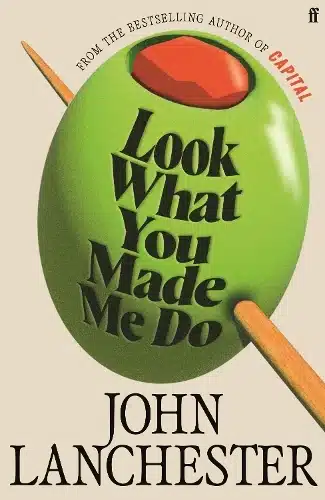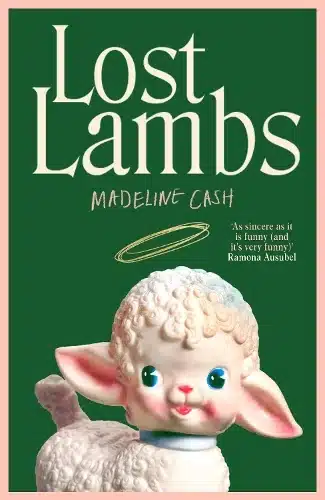My Women’s Prize for Fiction 2026 Wish List
It’s almost longlist time for the Women’s Prize for Fiction although it hardly seems five minutes since the last one. Wednesday March 4th is the date to add your diary. Only novels written by women in English published between April 1st, 2025, and March 31st, 2026, qualify. I’ve followed the same format as previous years, […]
My Women’s Prize for Fiction 2026 Wish List Read More »











